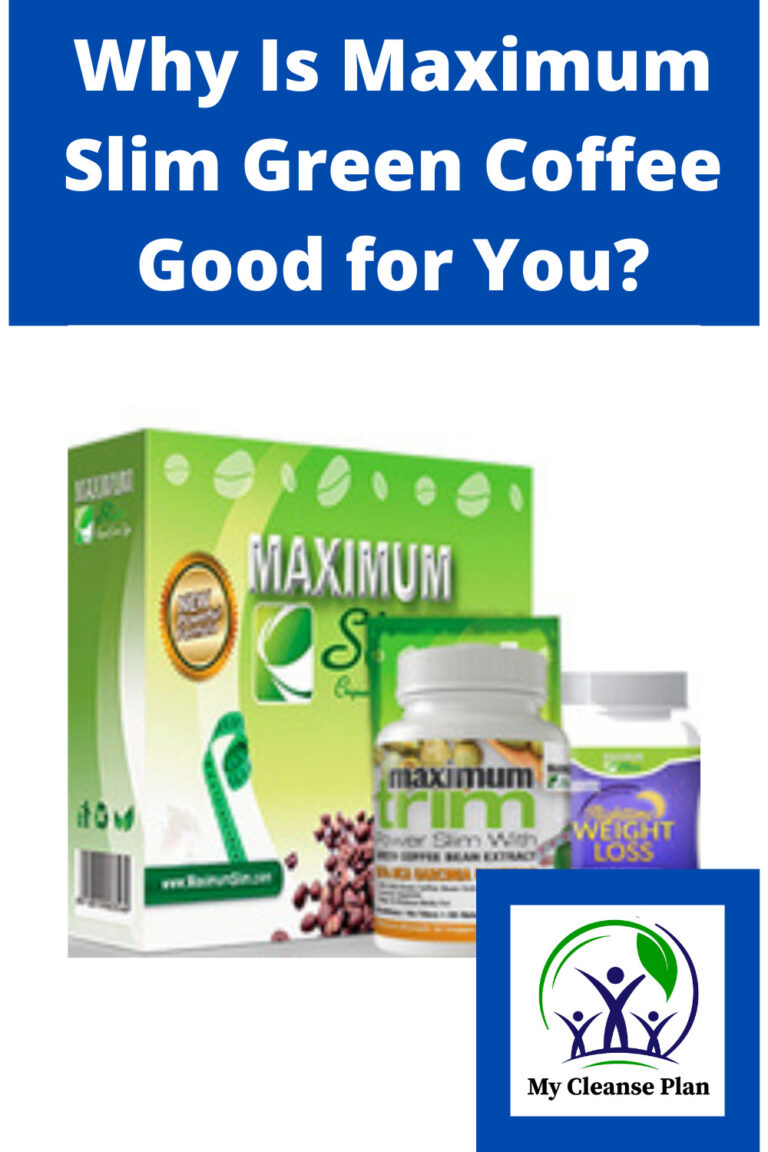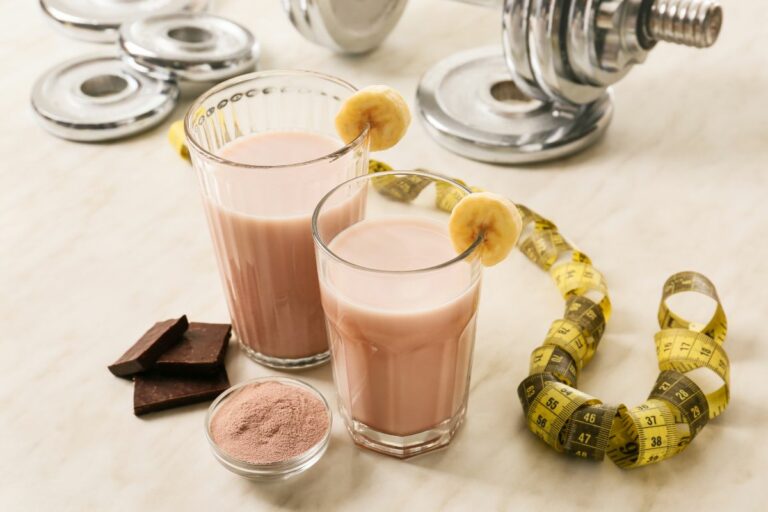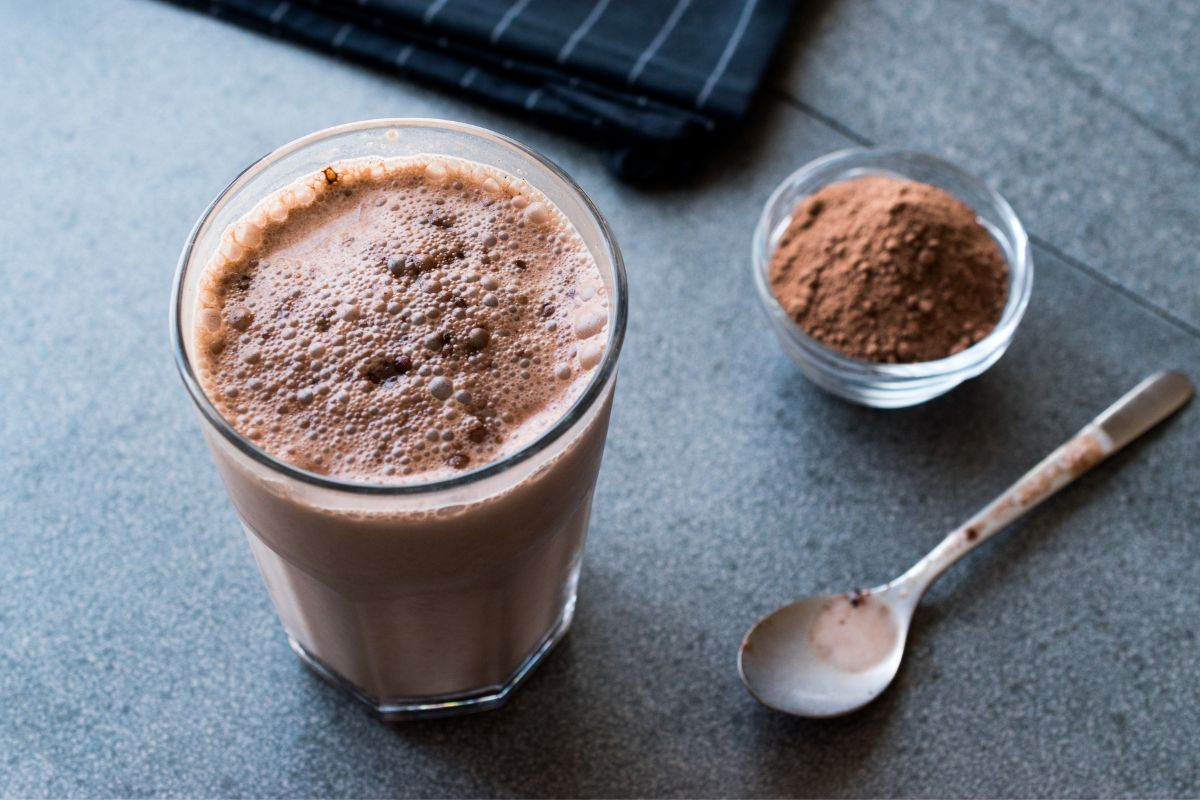Detox Cleansing For Weight Loss
Detox cleansing can be an effective strategy for weight loss, promoting fat loss, reducing inflammation, and improving metabolic function.
Key Takeaway
- Detox cleansing can aid weight loss by promoting fat loss and reducing inflammation.
- Supporting the body’s natural detox processes may jumpstart weight loss efforts.
- Improved metabolic function from detoxification can contribute to more efficient calorie burning.
- Detox cleansing should be part of a holistic weight loss plan that includes exercise and balanced nutrition.
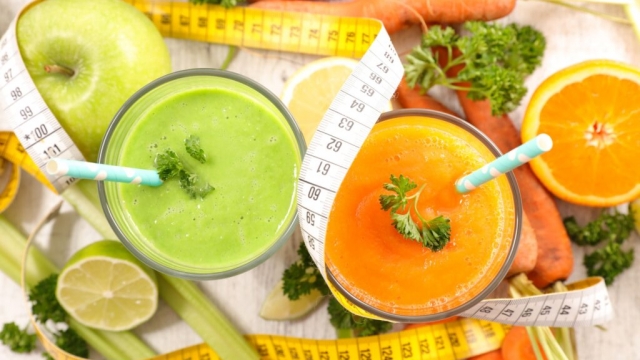
I want to shed light on what detox cleansing involves and its main goal. Detox cleanses are often portrayed as a way to flush toxins out of the body, but it’s important to grasp what this actually means. These regimes typically include a period of fasting, followed by a strict diet of fruits, vegetables, juices, and water.
You might be looking to a detox cleanse as a route to weight loss, and you’re not alone. It’s true, these programs are commonly associated with shedding pounds, but it’s vital to peel back the layers of marketing and examine the true relationship between detox regimens and losing weight.
It’s easy to be lured by the promise of quick results. Still, it’s my responsibility to address the common misconceptions surrounding detox diets. While there’s an abundance of anecdotal success stories, the real question is whether these diets provide a sustainable and healthy weight loss solution.
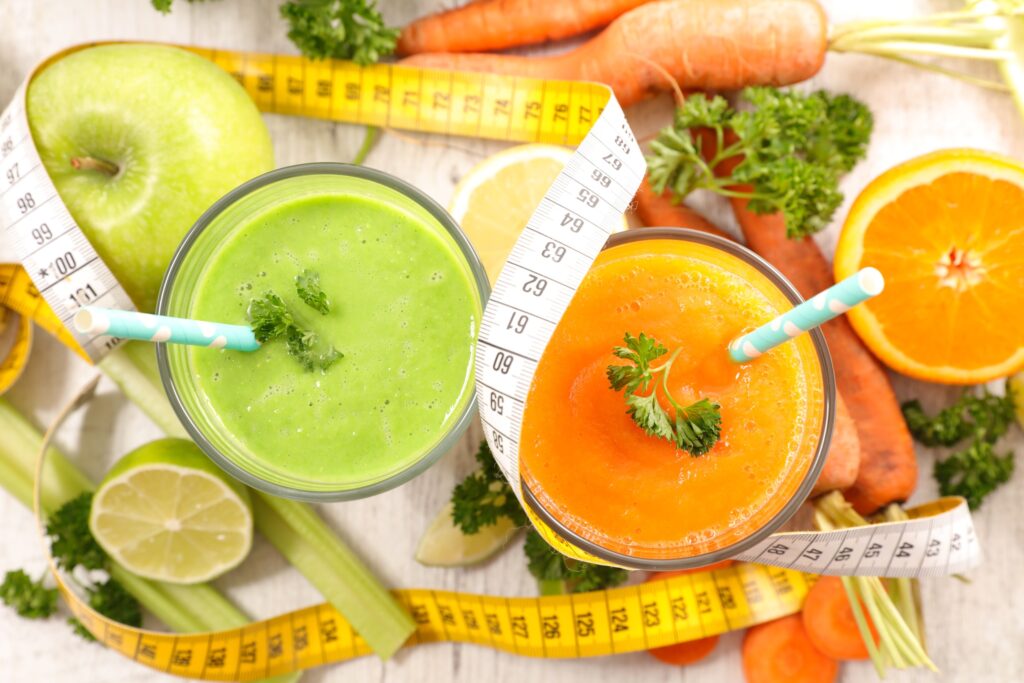
The Science Behind Detoxification
Your body is an extraordinary machine with a natural capability to purge toxins. The liver, kidneys, digestive system, skin, and lungs all work in concert to keep your system clean. Enter detox cleanses, which claim to boost this process. But what does science say?
In the liver, enzymes work tirelessly to convert toxic substances into harmless agents, while the kidneys filter through liters of blood daily to remove waste. This synergy is nature’s way of ensuring that your body maintains a state of equilibrium Mycleanseplan.
Detox cleanses often contain ingredients like herbs, fruits, and vegetables, which proponents suggest can support the organs involved in natural detoxification. However, it’s vital to ask whether these ingredients enhance what the body can already achieve on its own.
Research has yet to provide concrete evidence that detox diets contribute to long-lasting weight loss, or that they deliver on the promise of improved toxin elimination. Nevertheless, this is not to say that all components of detox cleanses are without benefit.
As you move onto the next section, keep in mind that while the allure of a quick fix is strong, an understanding of the potential benefits and risks of detox cleansing is essential for making informed health decisions.
Related Article: Can You Put Protein Powder in Tea?

Potential Benefits and Risks of Detox Cleansing
When I think about the potential upsides of detox cleansing, I am reminded that some people report feeling more focused and energetic afterwards. They may attribute this to the removal of toxins from their bodies or to the elimination of processed foods and sugars from their diets. It’s essential to recognize that while these experiences can be genuine, they might also stem from the placebo effect or simple dietary improvements.
Talking about risks, it’s noteworthy to acknowledge that detox diets can be quite restrictive and low in essential nutrients. This can lead to muscle loss, fatigue, and even disrupt metabolic processes. Crucially, serious complications, like electrolyte imbalances, can occur if extreme approaches are taken without proper guidance.
Long-term weight loss is more about creating sustainable habits than quick fixes. I’ve seen friends jump into a detox only to find themselves back at square one once they resume their normal eating patterns. This rebound effect can be incredibly frustrating and demotivating.
In essence, the safety and moderation elements in detox diets cannot be overemphasized. Always make sure you’re getting a broad spectrum of nutrients, and don’t cut calories to dangerous levels. I recommend speaking with a nutritionist or a healthcare provider to tailor any dietary changes to your specific needs.

Related Article: Can You Put Eggs in a Protein Shake?
Healthy Alternatives to Detox Diets for Weight Loss
I know you yearn for results when it comes to weight loss. You might consider detox diets as a quick solution, but let me guide you towards alternatives that offer lasting benefits. Establishing a routine around balanced eating and regular exercise is one of the most reliable paths to weight loss. Here, sustainability is your best friend.
When I talk about balanced nutrition, I’m referring to a diet that includes a variety of nutrients your body needs to function optimally. That means plenty of fruits, vegetables, lean proteins, whole grains, and healthy fats. These are the cornerstones of a diet that fuels your body without the drastic measures of a detox cleanse.
Regular physical activity is equally important. Whether it’s a brisk walk, a cycling class, or weightlifting, find a form of exercise you enjoy. It’s the enjoyment that will keep you coming back, turning a healthy activity into a habit.
A focus on whole foods and proper hydration should not be underestimated either. Water supports metabolism and helps in the natural detoxification process. So, drink up; your body will thank you. And whole foods, which are minimally processed, tend to be richer in nutrients and lower in unnecessary additives.
These foundational elements of a healthy lifestyle are what constantly emerge in success stories. They may lack the allure of a quick fix, but their impact on your health is real and enduring.
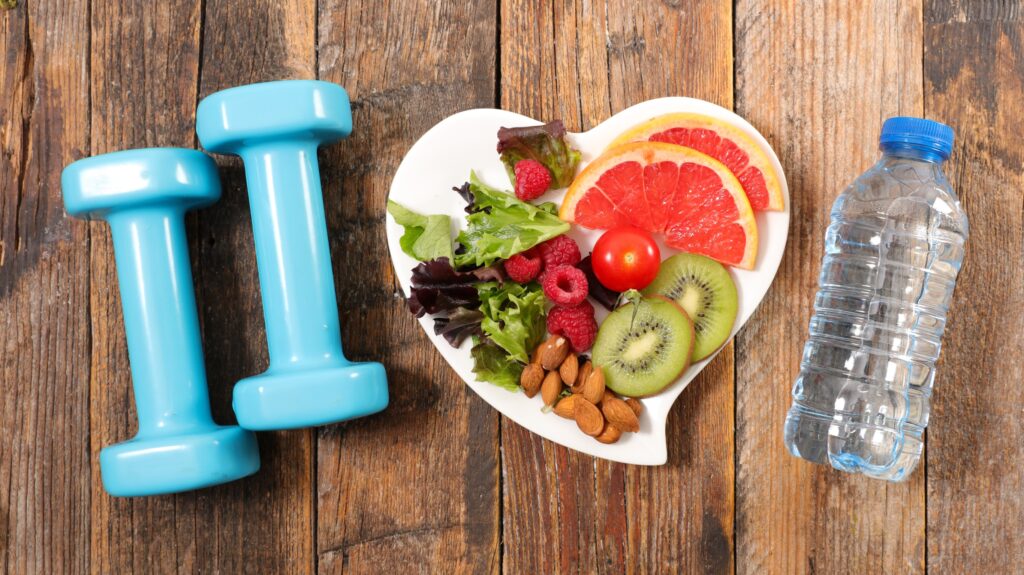
Related Article: Why Does My Protein Shake Separate?
Personal Stories: Real Experiences with Detox Cleansing
I’ll share with you several accounts from individuals who have attempted detox cleansing for weight loss. You’ll hear both triumphs and setbacks, giving you a full spectrum of experiences.
For instance, Emily, a 35-year-old nurse, followed a 10-day detox plan and reported initial weight loss. She felt more energetic during the cleanse but struggled to maintain the weight loss afterward. Emily’s story is common, where short-term results don’t always translate to long-term success.
Then there’s Michael, a freelance writer, who tried juice cleansing. He experienced digestive discomfort and concluded that any weight he lost came from muscle mass, not fat. Michael reminds us that not all weight lost is beneficial.
Contrasting these accounts, Ava, a fitness instructor, incorporated a detox cleanse into her routine and found it supportive in resetting her eating habits. She emphasizes the importance of using cleanses as a kick-start, not a solution.
Nutritionists I’ve talked to advise that personal testimonials should be looked at critically. Detox cleansing is not a one-size-fits-all solution, and what works for one person may have different results for another.
As you consider these stories, it’s crucial to bear in mind that anecdotal evidence is not scientific proof. The power of personal testimony is its relatability, but it should not replace professional advice or evidence-based approaches to health and weight loss.

Related Article: What to Mix with Protein Powder to Make It Taste Good: 8 Effective Ways
Making Informed Choices for Your Health
When it comes to detox cleansing—or any weight loss endeavor, for that matter—your health should be at the forefront of your decision-making process. Navigating the vast sea of health trends and products can be daunting, but the key is to stay grounded in credible information and professional advice.
It’s essential to approach detox cleanses with a critical eye. Not all products and claims are created equal, and many can be misleading. Remember, sensational results promised with little effort are often too good to be true. Research the ingredients, read reviews, and most importantly, consult a healthcare professional to determine if a particular cleanse is safe and suitable for you.
Explore Also:
Creativehouseblog
Dietsheriff
Gigasecurehome
Your individual health needs and goals should guide your strategy for weight loss and overall well-being. A program that worked wonders for one person might not be appropriate for you. That’s why speaking with a dietitian or a doctor is invaluable—they can tailor advice and plans to fit your unique situation.
Lastly, balance is the cornerstone of any healthy lifestyle. A diet that’s too restrictive may not only be difficult to maintain but could also lead to deficiencies and other health issues. Instead of looking for quick fixes, focus on developing healthy habits that you can sustain over the long term. Consistent, moderate changes in diet and regular exercise are the pillars of successful, lasting weight loss mycleanseplan.
Your journey to health and weight loss is deeply personal, and by making informed, mindful choices, you can empower yourself towards a healthier, happier you.

